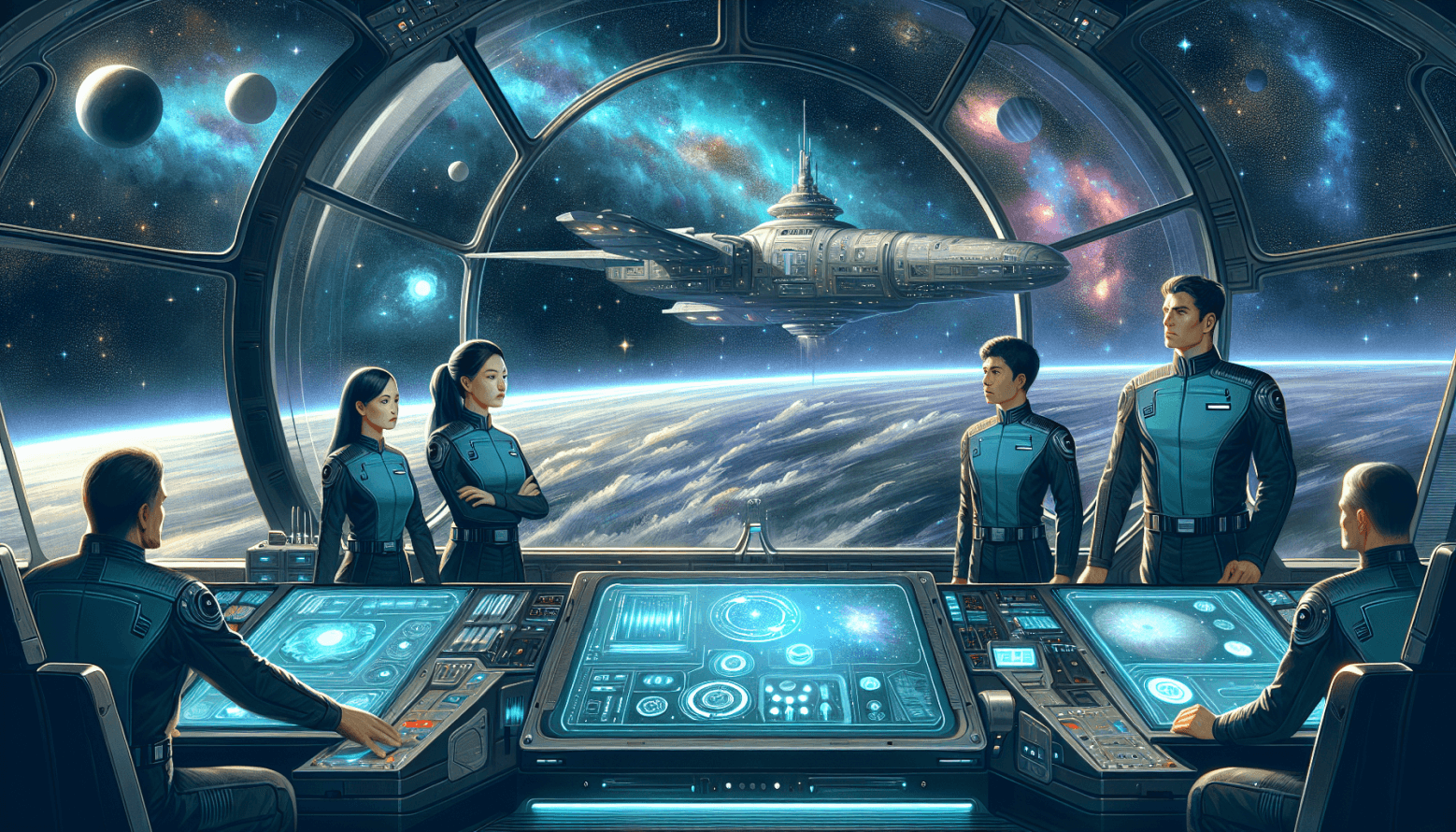The Star Trek universe has a huge army of fans. Ismail Nugroho speculates about another film that was released in 2016.
In September, the Star Trek universe turned 57 years old. It all started with the release of the original series, which, in fact, gave us the starship Enterprise and its unrivaled crew. Half a century is a long time for cinema, and for television even more so. During that time, Star Trek has been parodied, adored, hated, grown up on, and shown to their children. It is a huge cultural layer, it is an example of a space epic, it starts before the landing of man on the moon and does not lose relevance despite everything.
What you need to know about the film?
The reboot of the Enterprise adventure story, which took place in 2009, presented the filmmakers with a difficult task. They had to find a balance between sci-fi for picky fans and blockbuster for the average viewer. By the way, online blackjack real money USA presents several slots on the theme of this film.
The first two films showed that, in general, supporters were less satisfied with what they saw. Therefore, the third installment of the new franchise, Star Trek: Infinity, is generating additional interest as a film whose writers declared consistency with the classic Star Trek world.
In the midst of its five-year mission to explore space and promote peace between space races, the Enterprise flies to rescue another starship in an unexplored nebula. There, the heroes encounter a new antagonist, Kroll, whose main goal is to wage war and destroy the Federation.
Trapped and having lost their starship on a planet that is off Starfleet’s radar, they realise that salvation depends on how good a team they are. And that’s symbolic, because the story of the Enterprise crew is possible without the Enterprise, but impossible without friendship and the feeling of a trusted shoulder by your side.
From its inception, Star Trek carried a powerful humanistic message, not limited to the topic of “how to be human in space.” In the 1960s, during the Cold War between the US and the USSR, there was a Russian on the Enterprise crew.
At the height of Martin Luther King’s fight for black rights, Star Trek showed that for a real team, skin color didn’t matter. This story was not about the distant future, but about its contemporaries. And “Star Trek: Infinity” is fully in line with this tradition, raising the not new, but unfortunately, the ever-relevant theme of unity in the face of terror.
Other features of the plot
Traditional are also dizzying adventures and soft humor, in which you can feel a great love for the heroes. And also the new film skilfully distributes attention between all the main members of the team, paying more attention to the characters we used to consider secondary: yes, we learn more about the personal life of Lieutenant Sulu and see Chief Engineer Scotty from a new angle.
And in this, probably, there is no small merit of the excellent British comedy actor and screenwriter (including this picture) Simon Peggy, who for the third film plays a Scottish engineer as if this role was written especially for him. However, paying attention to these characters does not harm the development of the characters of Captain Kirk, Commander Spock, Doctor McCoy and Communications Officer Uhura.
Even the young navigator Chekov, whose role was usually reduced to joking remarks with a colorful Russian accent, at one point served as the hero’s partner. It’s hard not to pay attention to this and it’s both joyful and saddening.
Anton Yelchin, 27, who played Chekov, tragically died a month before the film’s premiere. “Star Trek: Infinity” is dedicated to his memory and to the memory of Leonard Nimoy, the first performer to play Commander Spock, who died last year.
In this context, the phrase “Here’s to the Enterprise and to absent friends” at the end of the film takes on a new meaning for us, the audience. But the final words give us a new hope: the story of “Star Trek” will certainly continue. And it won’t end until we want it to.


